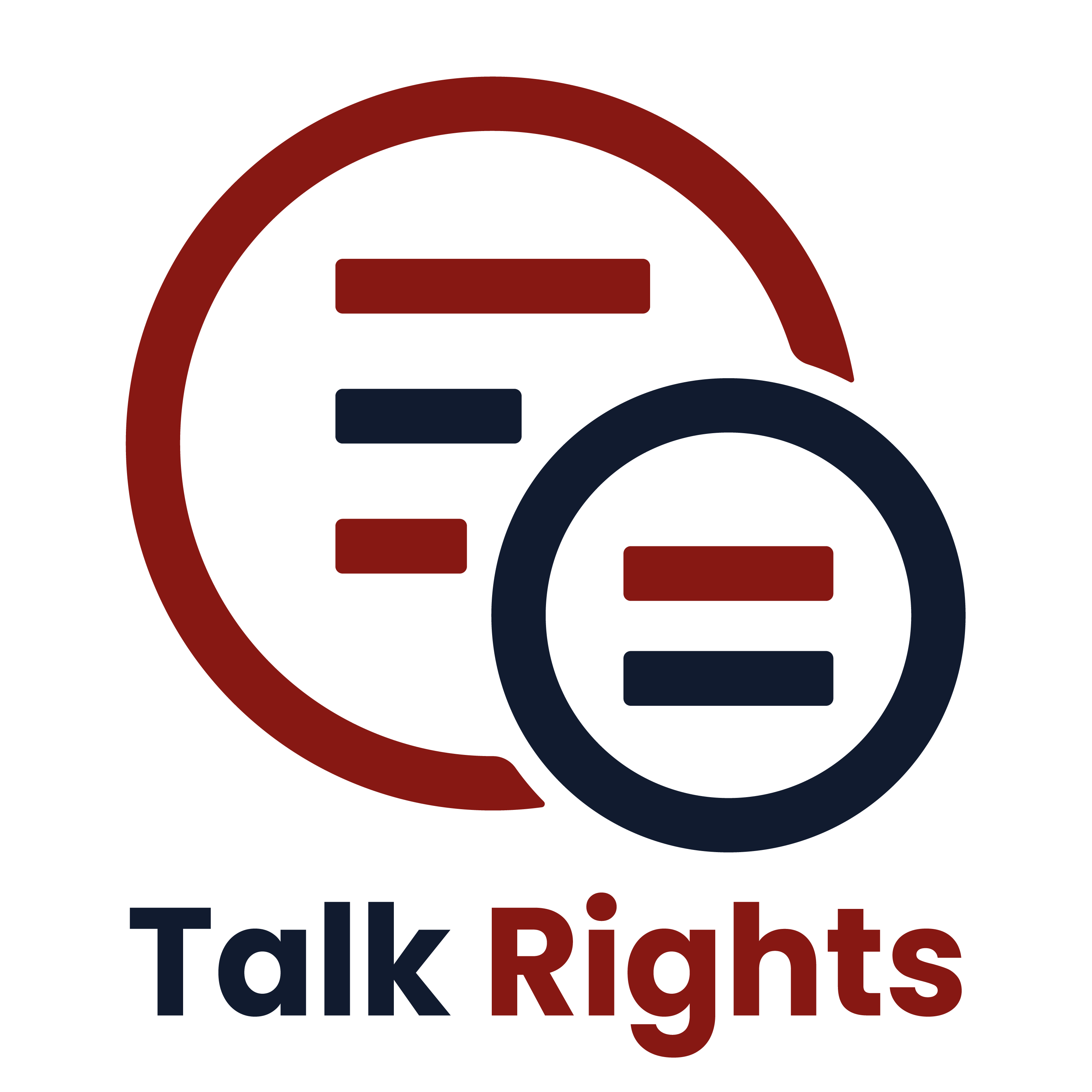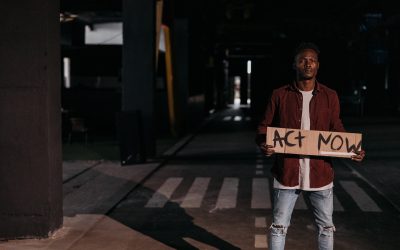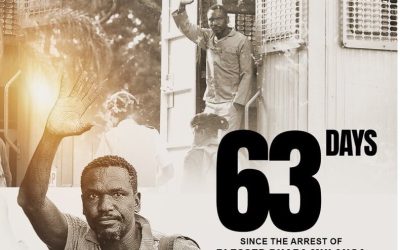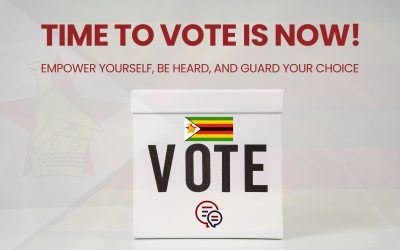The right to free speech is a fundamental human right, protected by international laws and agreements. Unfortunately, human rights abuse is still an issue around the world, often leading to the violation of this right. It’s time for us to stand up for our right to freedom of speech and work towards ending these abuses. In this blog post, we will explore the connection between human rights abuse and freedom of speech, and discuss how we can work together to protect our rights.
Defining human rights abuse
Human rights abuse is any violation of the basic rights and freedoms of individuals. This includes physical and psychological abuse, as well as deprivation of civil, political, economic and social rights. In some cases, it can also involve discrimination against certain groups of people or denying access to resources that are necessary for a dignified life.
Human rights abuses can take many forms. For example, torture, forced labor, arbitrary detention, sexual violence, and freedom of movement restrictions are all considered human rights violations. Other examples include unfair trials, extrajudicial executions, and limits on freedom of expression.
The United Nations has declared that all people have the right to live a life free from fear and abuse, and that no one should be subjected to torture or ill-treatment. This means that all governments must respect and protect the human rights of their citizens. Unfortunately, this does not always happen.
The link between human rights abuse and freedom of speech
The right to freedom of speech is a fundamental human right. It is considered a cornerstone of democracy and a key tool in the fight against oppression and human rights abuses. But how exactly are human rights abuse and freedom of speech connected?
When individuals or organizations are subjected to human rights abuses, their right to freedom of speech is often one of the first freedoms to be taken away. This can come in the form of physical threats, legal intimidation, or censorship, preventing them from voicing their opinions and beliefs in public. Without freedom of speech, those affected are unable to speak out about the injustices they are facing or demand accountability from those responsible. As a result, human rights violations can continue unchecked.
At the same time, freedom of speech provides a platform for those affected by human rights abuse to share their stories and draw attention to the injustices they have faced. It is only through speaking out about these abuses that we can bring them to light and begin to push for change. When people have the freedom to express their views without fear of reprisal, it creates an environment where injustice can be identified and addressed. This is why it is so important to protect and uphold freedom of speech.
Recent examples of human rights abuse
Human rights abuses occur in many parts of the world, and there are a number of shocking examples that we have seen in recent years. From the imprisonment of activists in China to extrajudicial killings in Egypt, human rights abuses continue to plague the lives of millions of people around the world.
In Zimbabwe, for instance, the government has systematically violated citizens’ rights to freedom of expression, peaceful assembly and association, and religious freedom. Opposition leaders have been arrested and detained without due process, and those who have spoken out against the government have been subjected to threats and harassment. Activists and journalist arrested and detained for exercising their rights and calling out corruption and abuse of funds.
In Syria, the Syrian government continues to use violence against its own people to suppress dissent. In 2019, Human Rights Watch reported that government forces were responsible for extrajudicial killings, torture, and arbitrary detention.
In the Democratic Republic of Congo (DRC), numerous reports of human rights violations have been documented in recent years. These include torture, extrajudicial killings, and other abuses by state security forces, as well as violations of the right to freedom of expression and assembly by opposition forces.
The world has also witnessed an alarming rise in hate speech directed at minority groups. In India, for example, Muslims have faced an increasingly hostile environment, with reports of mob violence against them in recent years.
These are just some of the recent examples of human rights abuses that have been reported around the world. Sadly, there are countless others that go unreported and unnoticed. As we stand up for our rights and fight for justice, we must ensure that such violations never go unnoticed or unpunished.
How you can help
There are a variety of ways that we can all help fight human rights abuses and protect freedom of speech. Here are some ideas:
- Speak Up: The most powerful thing you can do to protect freedom of speech is to speak up for yourself and for others when their rights are being violated. Spread awareness about the issue and don’t be afraid to challenge authority.
- Get Involved: There are many organizations and campaigns that focus on advocating for human rights and freedom of speech. Join one of these groups or donate to their cause.
- Educate Yourself: Research human rights abuses, understand the link between human rights and freedom of speech, and share your knowledge with others.
- Monitor Your Government: It is important to be aware of what is going on in your country and in other countries around the world. Watch for any signs of human rights abuses or violations of freedom of speech, and make sure to voice your concerns to your government.
- Protest: If you feel strongly about protecting freedom of speech and preventing human rights abuses, then take part in peaceful protests or demonstrations.
These are just a few of the many ways that you can help fight against human rights abuse and protect freedom of speech. Take action now and let’s stand together to ensure that our rights are respected!
What’s next?
As we look ahead, it is essential that we stay vigilant and continue to stand up for human rights and freedom of speech. We must strive to be informed about global human rights issues, call out abuse when we see it, and strive for a world in which all people are respected and can freely express themselves. We must also pressure our governments to take meaningful action to protect those who are vulnerable and to punish those responsible for abuses.
Ultimately, it is up to us to ensure that the future is one of respect, equality, and freedom of expression. We have the power to make a real difference and to create a world where every voice is heard. Let’s use this opportunity to fight for justice and human rights around the world!




0 Comments